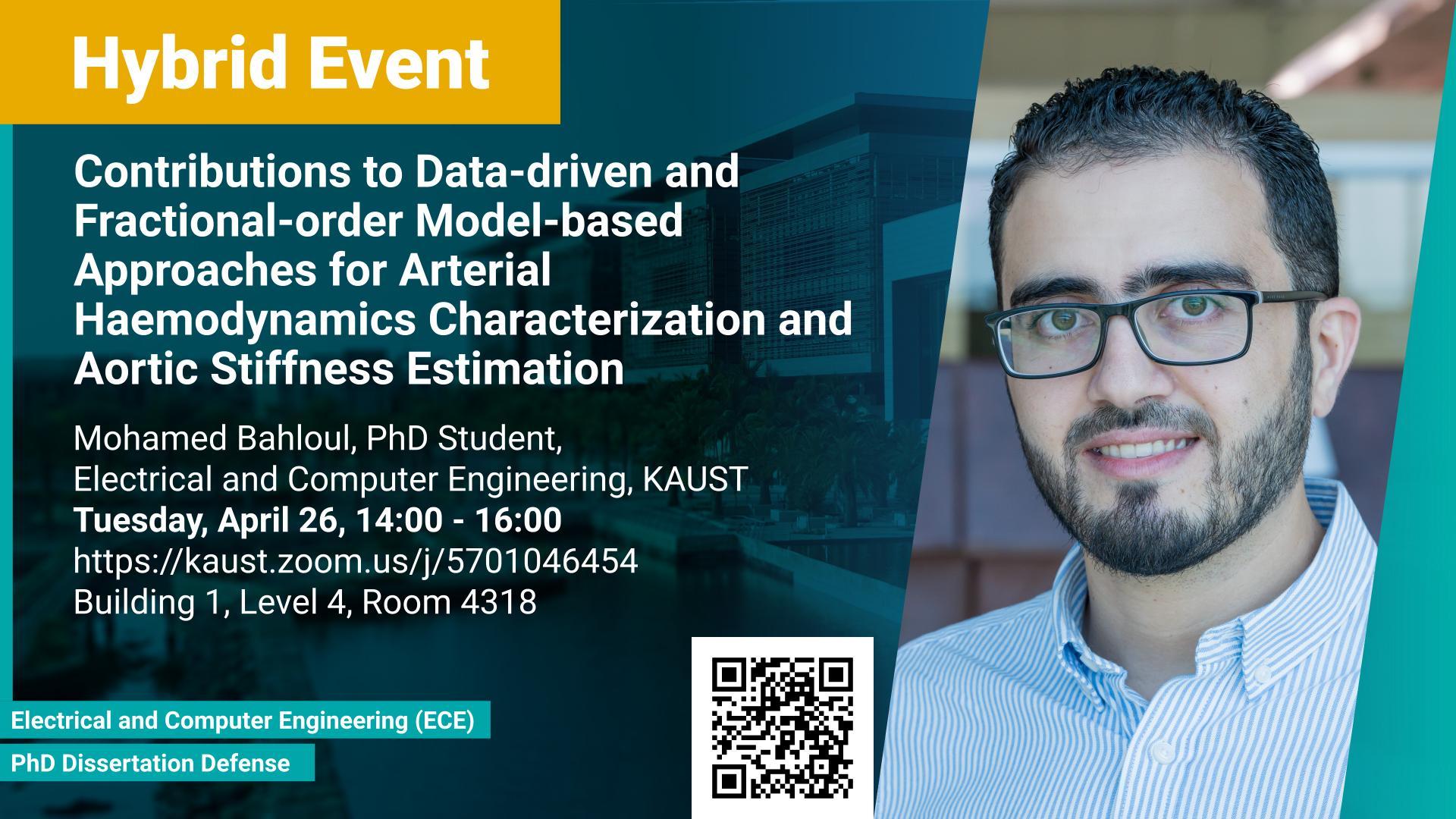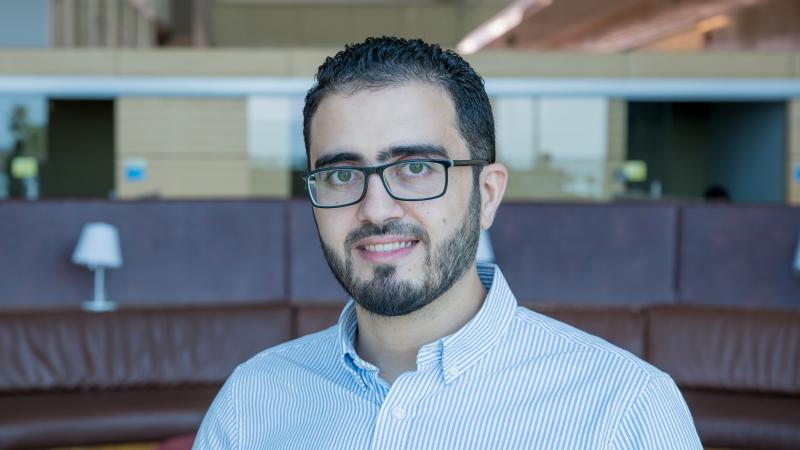Abstract
Cardiovascular diseases (CVDs) remain the leading cause of death worldwide. Patients at risk of evolving CVDs are assessed by evaluating a risk factor-based score that incorporates different bio-markers ranging from age and sex to arterial stiffness (AS). AS depicts the rigidity of the arterial vessels and leads to an increase of the arterial pulse pressure, which can significantly affect the heart and vascular physiology. These facts have encouraged cardiovascular system's (CVS) and dynamic modeling researchers to propose surrogate markers of cardiovascular risks and develop simple and non-invasive models to achieve a better understanding of CVS operations. This work thus fundamentally capitalizes on developing a novel class of low-dimensional physics-based fractional-order models of systemic arteries and exploring the feasibility of fractional differentiation order to portray vascular stiffness. Fractional-order modeling is a successful paradigm to integrate multiscale and interconnected mechanisms of the complex arterial system. However, this type of modeling alone often fails to efficiently integrate altered variabilities in vascular physiology from various sources of large datasets, multi-modalities, and levels. In this regard, combining fractional-order-based approaches with machine learning techniques presents a unique opportunity toward developing a powerful prediction framework that reveals correlations between intertwined vascular events.
This work is divided into three parts. The first part contributes to developing the fractional-order lumped parametric model of the arterial system. First, we propose fractional-order representations to model and characterize the complex and frequency-dependent apparent arterial compliance. Second, we propose fractional-order arterial Windkessel modeling the aortic input impedance and hemodynamic. Subsequently, the proposed models have been applied and validated using both human in-silico healthy datasets and real vascular aging and hypertension. The second part addresses the non-zero initial value problem for fractional differential equations (FDEs) and proposes an estimation technique for joint estimation of the input, parameters, and fractional differentiation order of non-commensurate FDEs. The performance of the proposed estimation techniques is illustrated on arterial hemodynamics. The third part explores the feasibility of using machine learning algorithms to estimate the gold-standard measurement of AS, carotid-to-femoral pulse wave velocity. Different modalities have been investigated to generate informative input features and reduce the dimensionality of the time series pulse waves.
Brief Biography
Mohamed A. Bahloul is a Ph.D. candidate in the Computer, Electrical, and Mathematical Sciences and Engineering Division at King Abdullah University of Science and Technology (KAUST). He is from Sfax, Tunisia. He received a master's degree in Electrical and Computer Engineering from KAUST in 2017. KAUST is not his first experience studying abroad. He first studies at the University of Montpellier, France, where he has earned a master's degree in microelectronic systems. He has also earned another master's degree in embedded systems from the National School of Engineering of Sfax in collaboration with Chemnitz University of Technology, Germany. Mohamed received his BS degree in Electrical Engineering from the National School of Engineering of Sfax. His engineer training in EE from three different schools (ENIS-Tunisia, UM-France & KAUST-KSA) and his personal skills allowed him to acquire solid knowledge, a real sense of the field, and a true team spirit. Currently, his research projects focus on bridging physics-based fractional-order modeling and data-driven approaches for characterizing and monitoring biological Systems. Mohamed received many awards, such as winning the best paper award for Africa and the Middle East region at the 40th International Conference of the IEEE Engineering in Medicine and Biology Society (EMBC' 18). He also won first place in the IEEE SSD'21 Ph.D. student contest for his research Work. He has authored or co-authored more than 20 research papers in reputed international journals and conferences. He is also serving as a reviewer for various International Journals and conferences. He is a member of the Institute of Electrical and Electronics Engineers (IEEE), IEEE Engineering in Medicine and Biology Society (EMBS), and Solid-State Circuits Society (SSCS).

